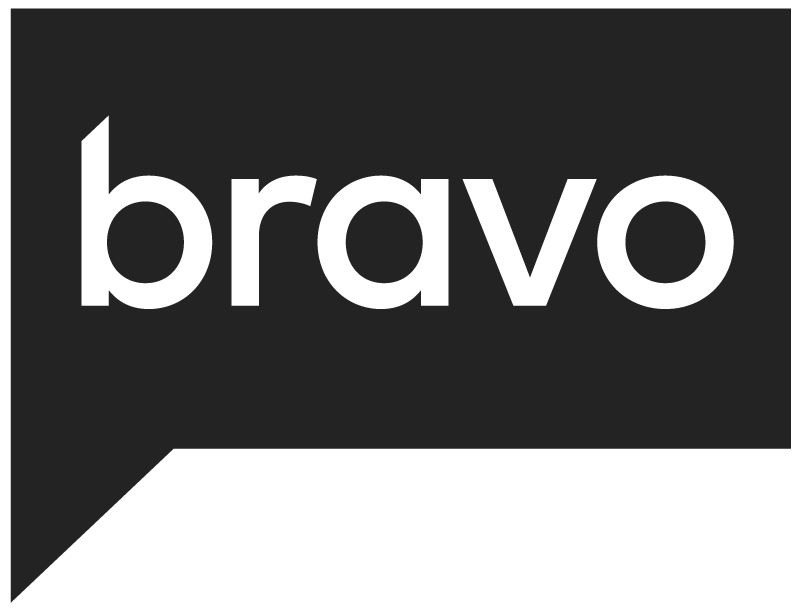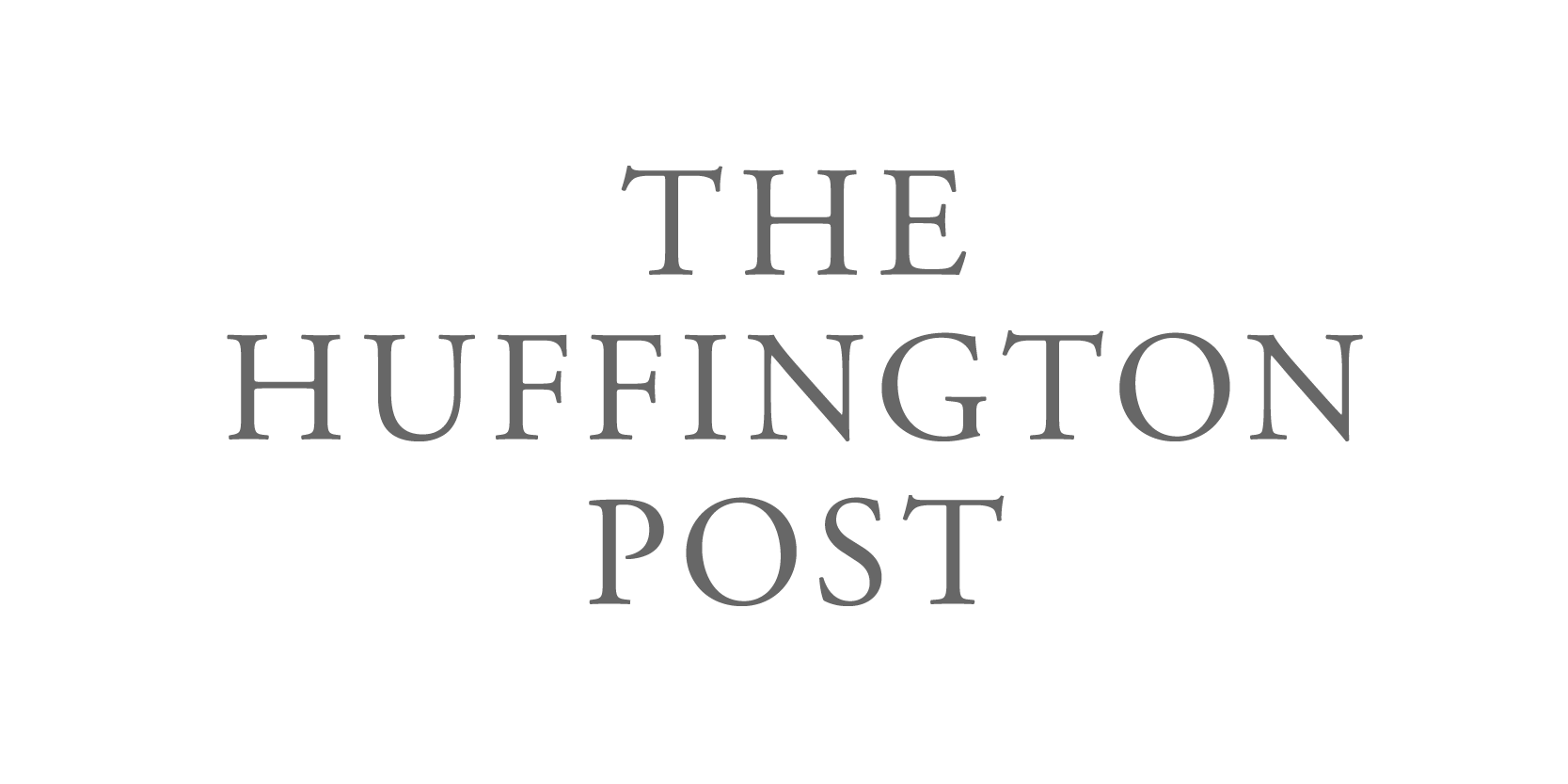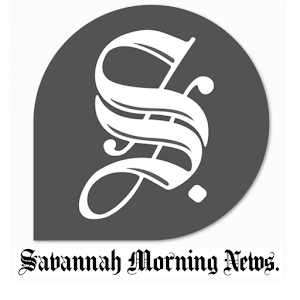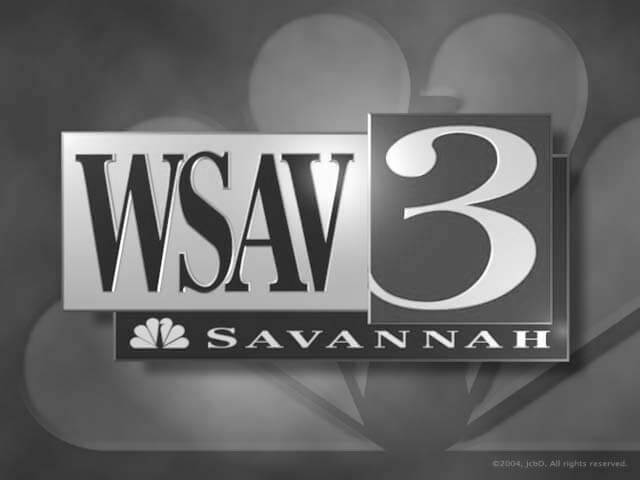Is 40 the New 50 in Politics?
Once upon a happier time, in the world of politics, 50 percent was considered a respectable approval rating and anything below that was a reason to lose sleep over for a politician before Election Day. Now mid-40s or even low-40s get elected, without so much as a breaking a sweat at the numbers.
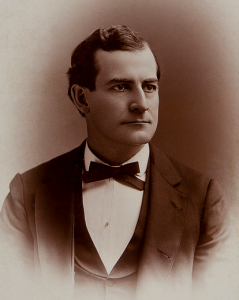
When William Jennings Bryan first tried to run for President when in his 30s, many were reluctant to vote for him due to his young age. Now, however, politicians even younger than Bryan are out winning elections.
I recently came across an article on Politico, where the author draws attention to a change in political trend that is intriguing for the indifferent and worrisome for the interested. Last week’s election stands testimonial to this change in politics, with election and reelection of quite a few in their 40s. This shows a reflection on the voters’ distaste towards both the parties and an indication of a ‘picking lesser of the two evils’ mentality. When public opinion of an elected candidate is low, it shows a general mistrust towards both Congress and the entire political system of the nation.
According to both Democratic and Republican pollsters, the approval rating benchmark has slowly been eroding over the past few election cycles. In the past, election of a weak approval rating candidate was not entirely unheard of, but this culture of basing decisions on the net negative was not quite prevalent. The voters no longer write off a candidate for reaching the negative and may go on to vote for the candidate who is up against another candidate similarly floating comfortably in the higher negatives. Slowly but surely, approval ratings are losing their reliability as a candidate’s electability indicator.
Huge campaign spendings are overshadowing general public opinion, and the elections are increasingly geared towards hyper-partisanship with this year’s election more anti-Democrat, not unlike 2012’s anti-incumbent campaign where President Obama went on to win despite approval ratings below 50 percent. Last week’s election saw barely any winner who had an approval rating of 50 or above, be it Democrat or Republican.
A decade ago, almost all the candidates would be dissuaded from expecting a win by their strategists looking at numbers less than the magic 50. General public anger and increasing cynicism towards the government means the magic number is getting harder to achieve with each election cycle, even in relatively safe districts.
The issue doesn’t necessarily lie only with the public opinion that neither party really has any lasting solution to the nation’s problems but also with the campaign strategy employed by the parties. The electoral campaigns are now more focused on spreading the word that the other party is worst thing the public could choose rather than telling the public why they are the ideal choice. In a campaign system based on the principle of finger pointing, it is no surprise that the public leans towards the candidate with the lesser negative rather than the one with more positives. The 50 percent approval rating is not unattainable perhaps, with the right campaign approach but then again when the formula of not being ‘as bad as your opponent’ seems to work, the trend is likely to be around until the public collectively has a strong idea of what exactly they want and settle for nothing less.
The Hardest Languages
What is the most difficult language to learn? It seems like everybody has their own answer to this question. Recently, however, the Foreign Service Institute of the US Department of State compiled learning expectations for native English speakers looking to achieve proficiency in various foreign languages. They based it upon factors such as the language’s complexity, the resources available, how many hours would be devoted to study each week and the students’ motivation. I recently came across an infographic that broke down various languages into easy, medium and hard language categories.
The “easiest” languages, such as Dutch, Swedish, Afrikaans, Norwegian and the Romance Languages, require just 23-24 weeks of study, or 575-600 class hours, to achieve proficiency. This is due to the languages’ closeness to English; Dutch, Swedish, Afrikaans and Norwegian are all Germanic languages, like English, while English heavily borrows from Romance Languages. German, also a Germanic language, falls somewhere between “easy” and “medium”.
“Medium” languages require 1,110 class hours or 44 weeks to achieve proficiency. These languages include Hindi, Russian, Vietnamese, Turkish, Thai, Polish, Finnish, Hebrew, Greek and Serbian. Half of these languages (Vietnamese, Turkish, Thai, Hebrew and Finnish) aren’t even part of the Indo-European language family. And those that are come from branches of the Indo-European language family far removed from English; Hindi is Indo-Aryan, Greek is Hellenic and Polish, Serbian and Russian are all Slavic.
 The most difficult language for English speakers require, on average, 88 weeks or 2,200 class hours to reach speaking and reading proficiency. These include Korean, Japanese, Chinese and Arabic. Each one of these is difficult for their own reason. Chinese and Japanese learners need to memorize thousands of characters. Chinese is a tonal language, with meanings that change as you change the tone of a word. Korean has a vastly different sentence structure, syntax and verb conjugations than English, making it difficult for English-speakers. And Arabic uses much fewer vowels than English, making it difficult for those learning the language to both pronounce and read.
The most difficult language for English speakers require, on average, 88 weeks or 2,200 class hours to reach speaking and reading proficiency. These include Korean, Japanese, Chinese and Arabic. Each one of these is difficult for their own reason. Chinese and Japanese learners need to memorize thousands of characters. Chinese is a tonal language, with meanings that change as you change the tone of a word. Korean has a vastly different sentence structure, syntax and verb conjugations than English, making it difficult for English-speakers. And Arabic uses much fewer vowels than English, making it difficult for those learning the language to both pronounce and read.
This was an interesting list to read, and without a doubt I’m not denying how difficult these various languages are to learn. However, the list neglected to mention a lot of the more “obscure” languages. There’s a known tendency in languages with small communities to show far more complicated structures than the ones that are widely spoken, probably because the language evolution is slowed down, since children must grow up with adults that have a full language. Language isolates such as Basque, Georgian, Khoisan, Dyirbal or Inuktitut are known to be extremely difficult for their complex grammar and/or pronunciation rules. I wonder where such languages would show up in the list.
About Nelson Lewis
An exposure to politics at a young age had a profound effect on media maven Nelson Lewis, who worked as a volunteer for numerous Republican politicians in and around his native Savannah. Nelson worked as a reporter and eventually anchor at two Savannah television stations growing up, WJCL ABC-22 and WTGS FOX-28, also recording voice teasers for airing on Fridays on WJCL-FM KIX 96 and previewing his upcoming stories, which aired on the Sunday evening news.
One of Nelson’s favorite experiences at WJCL was reporting live from the St. Patrick’s Day Parade (America’s second largest) from 1998-2000. Continuing in the spirit of his grandfather’s pioneering and trailblazing footsteps (he was the first to bring all-color television and stereo to the Savannah market), Nelson became the first person in Savannah market to bring a kid’s perspective to local news as its first youth reporter. In fact, one of the competing stations, WSAV NBC-3 hired their own youth reporter, Sean Champion, 18 months after Nelson began his reports and WJCL/TGS’s ratings dramatically increased.
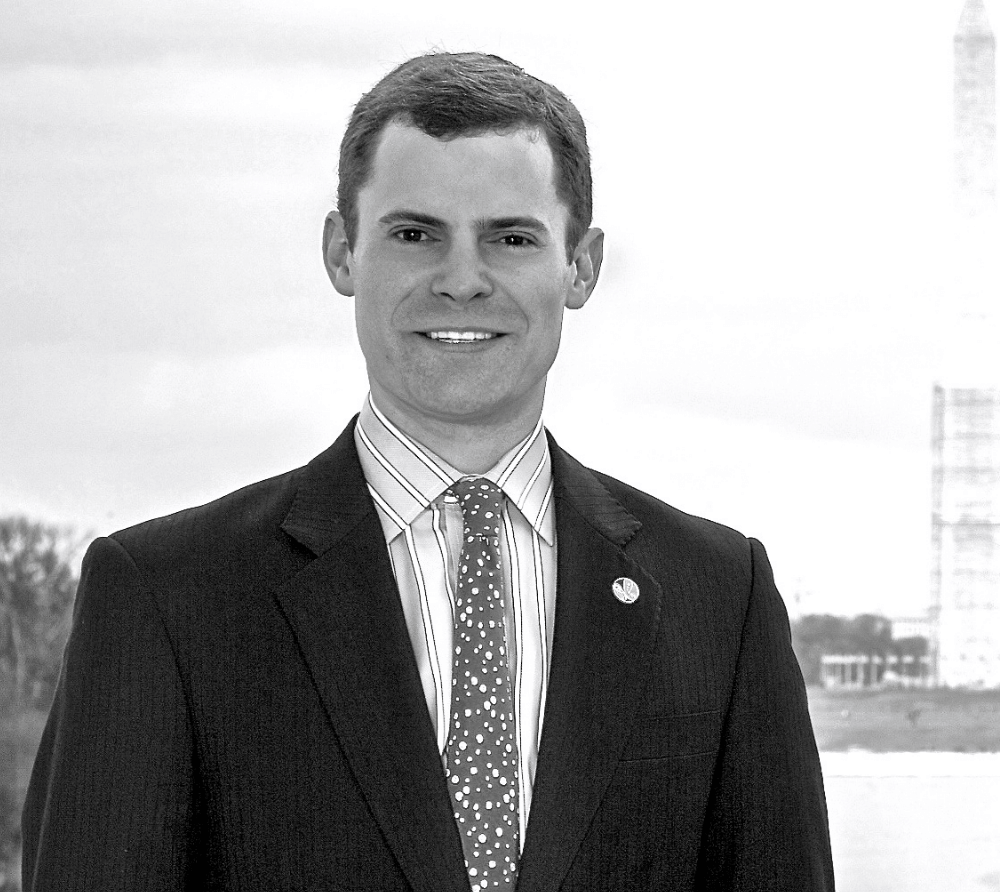
Work In Political Media
While a sophomore and junior at Lynn University, Nelson Lewis hosted “Politijam”, a lively political debate show that became well known across the university campus and served as the media editor of the univeristy’s weekly EPulse newspaper. While at Lynn, Nelson was selected to represent the entire undergraduate student population as a member of Lynn University’s Academic Task Force, charged with the duty of streamlining the core curriculum of the universities.
While attending Lynn’s College of International Communication, Nelson developed a friendship with Irving R. Levine, a well-known and nationally recognized correspondent for NBC News who became the network’s first full time economics correspondent, and was the creator of the precursor to CNBC. After a 45-year career in journalism, Levine went on to become Dean of Lynn’s communication program. After finishing college, Nelson Lewis followed Levine’s suggestion and moved to Washington, DC where his first job was as a press intern for a Republican congressman, which then led to a job booking at the Fox News Channel from 2006-2010. Here, he was able to put his love of politics and interest in the Republican Party to good use.
Upon the suggestion of Mr. Levine, Nelson Lewis enrolled in the Masters of Professional Studies in Journalism (International Politics) program at Georgetown University in 2009, where a special emphasis was placed on the dissolution of America’s Fairness Doctrine and on the major player in its demise, Bruce Fein.
Nelson was honored to be invited to speak at a roast honoring Levine’s 2009 death at the National Press Club, where he spoke alongside Levine family members and contemporaries such as former Meet the Press Moderator Marvin Kalb. He subsequently wrote a letter to the editor published in The Hill newspaper eulogizing Levine as a “top-notch raconteur” who many others have tried to emulate.
From his work at Fox News, Nelson Lewis was able to take a firsthand role in the DC journalism scene, and was blessed with the opportunity of meeting entertainment, political, and academic luminaries on a daily basis, including numerous sitting and former representatives, senators, governors and cabinet secretaries. These unique experiences gave Nelson a front row seat to many historic events and gave him a firsthand experience of how the Washington system works, from how laws are created to how news is made.
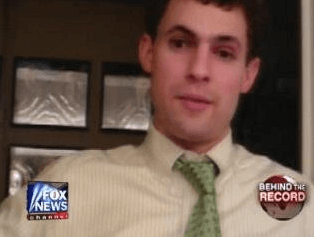
Through Nelson Lewis’ work creating Her Golf Network, coupled with his extensive booking experiences in segment producing gained at America’s highest rated cable news channel and through his time performing key internships at places such as WPBT’s Nightly Business Report in Miami, where he honed his scriptwriting skills, and at WTOC in Savannah, where he provided copyediting and on-site production assistance at the 2004 Sea Island G-8 summit, have provided him with a solid foundation and understanding of the news business. His time as a reporter/anchor growing up prior to his undergraduate studies helped him get an early start at doing what he loves most, reporting.


